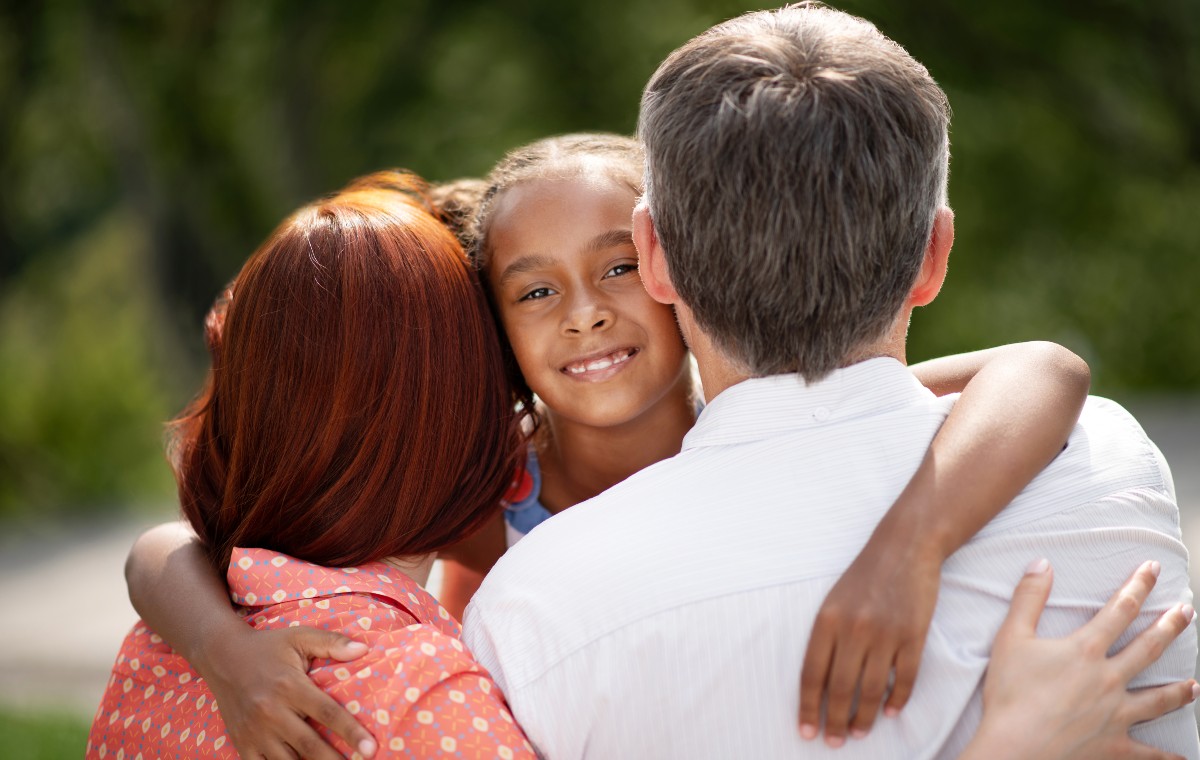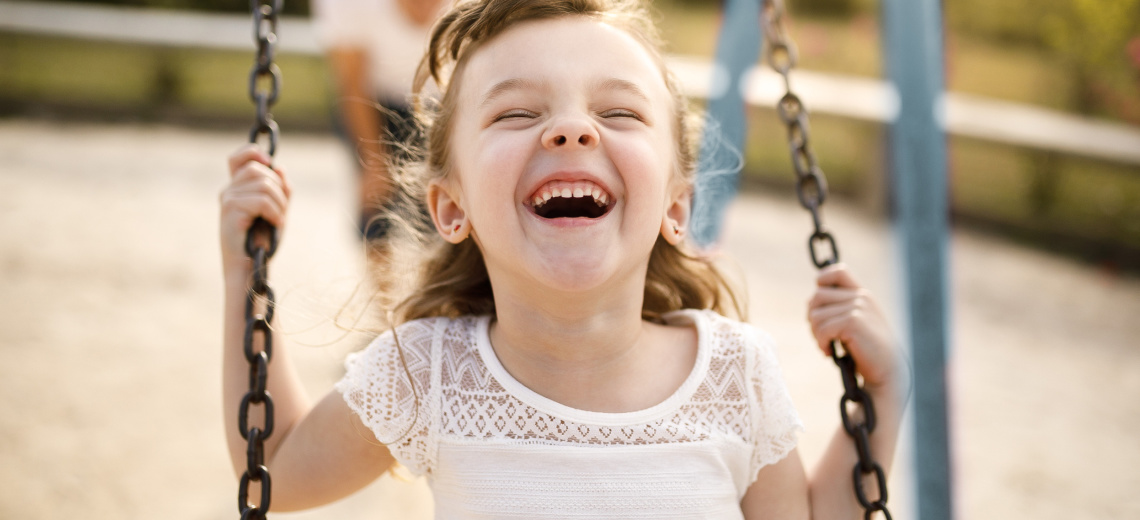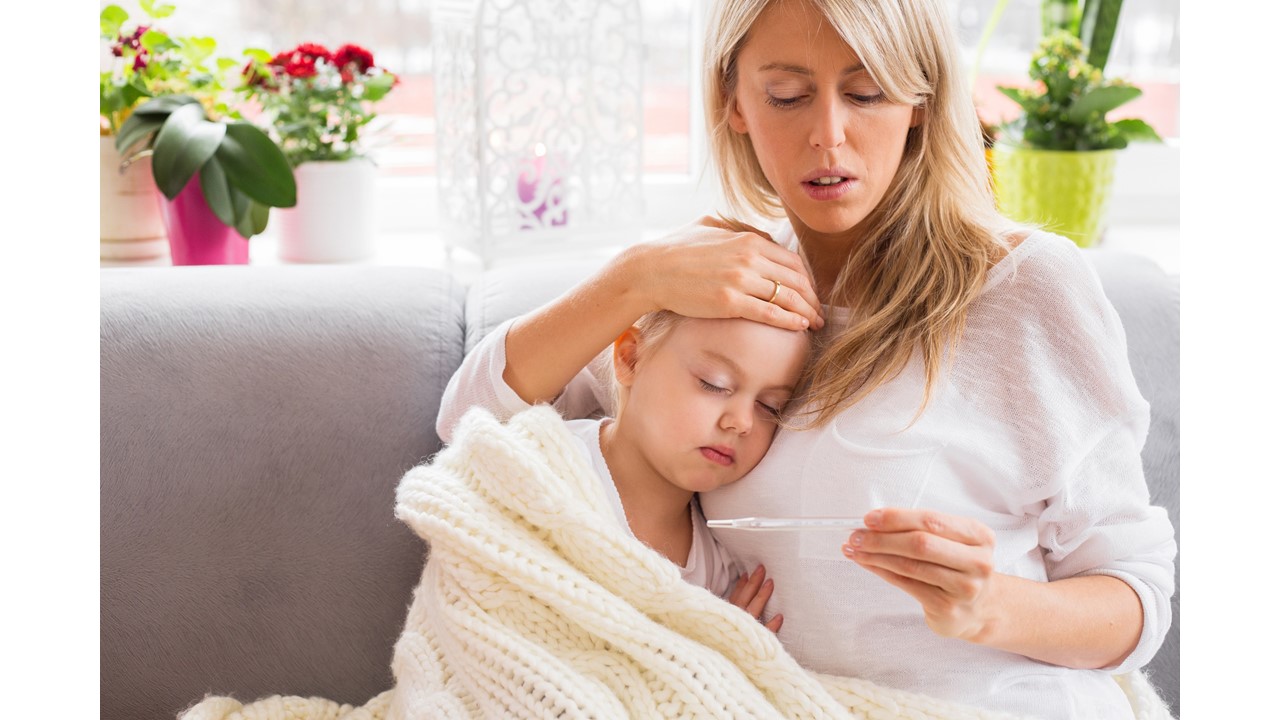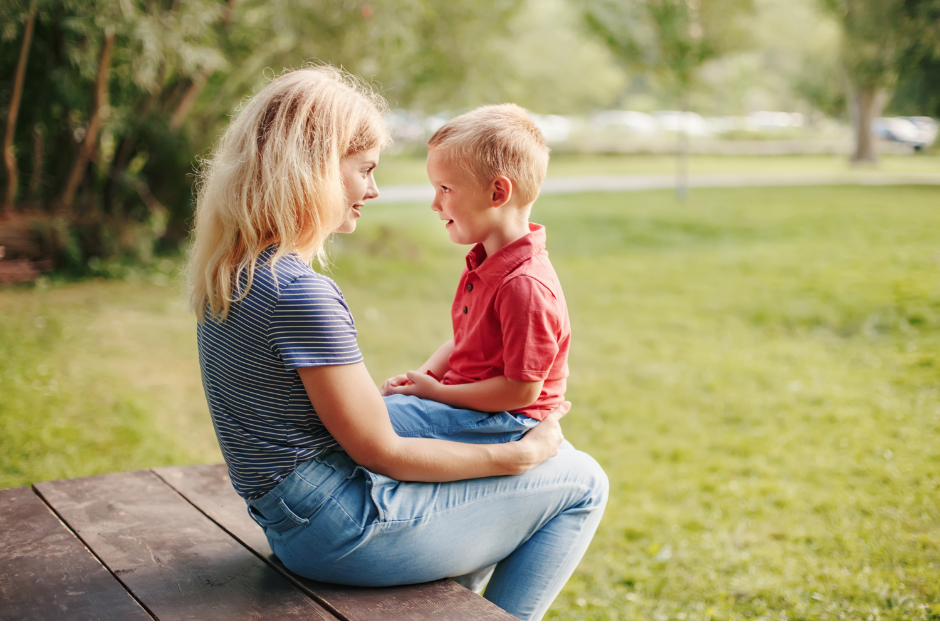Understanding the Emotional Effects of Adoption on Kids
Experiencing loss and identity struggles can impact adopted kids emotionally. Separation from biological parents may lead to feelings of being unloved. Providing support and a safe space for emotional processing is crucial. Trust and attachment play a significant role in their well-being. Building trusting relationships and open communication are key for emotional security. Coping mechanisms and seeking support help navigate the complex emotions of adoption. Celebrating differences and engaging in joyful activities foster resilience and growth. Remember, understanding these effects is important for creating a nurturing environment for their development.
Key Takeaways
- Loss and abandonment impact emotional well-being.
- Identity struggles challenge sense of belonging.
- Trust and attachment are crucial for security.
- Emotional regulation aids in self-esteem.
- Resilience and growth foster coping mechanisms.
Loss and Abandonment

Experiencing loss and feelings of abandonment can deeply impact children who’ve been adopted, influencing their emotional well-being and sense of security. When children are separated from their biological parents, they might go through a grief process similar to mourning a death. This grieving is for the loss of what could have been, the absence of a connection that’s biologically ingrained. It can lead to feelings of being unloved or unwanted, even if their adoptive family provides a loving environment.
During this important time, it’s essential for caregivers to offer support and understanding. Children may struggle to express their emotions or comprehend the complexities of adoption, leading to feelings of confusion and isolation. By creating a safe space for them to process their grief, caregivers can help children navigate these challenging emotions.
Encouraging open communication, seeking professional help when needed, and showing unwavering love and acceptance can aid children in healing and building a sense of security in their new family dynamic.
Identity Struggles
Managing identity struggles can be a complex and challenging aspect of the adoption journey for children. The need for self-discovery and a sense of belonging can often feel overwhelming. As an adopted child, you may find yourself questioning where you fit in and who you truly are. This journey of self-exploration can lead to a deeper understanding of your unique identity and strengths.
Cultural exploration plays an essential role in this process. Embracing your cultural heritage and exploring different traditions can help you feel a sense of connection and acceptance. It’s okay to feel curious about your roots and to seek out information that resonates with your inner being.
Acceptance is key in handling identity struggles. Embrace all aspects of yourself, including your adoption story, as it’s an integral part of who you are. Remember that your identity is multifaceted and ever-evolving. By accepting and celebrating your differences, you can cultivate a strong sense of self and confidently manage the complexities of identity.
Trust and Attachment

Managing trust and attachment can be a significant aspect of the adoption experience for children, shaping their relationships and sense of security. The bonding process in adoption is essential for developing emotional security. For children who’ve experienced adoption, building trusting relationships can be challenging but is important for their well-being. It’s important to understand that trust and attachment may take time to develop fully.
Relationship building is a key component in helping children navigate the complexities of adoption. Encouraging open communication and providing a safe space for expression can aid in fostering secure attachments.
Coping strategies such as consistent routines, reassurance, and therapy can support children in forming healthy relationships and building trust. Recognizing the unique challenges that adopted children may face in this area is critical for their emotional development.
Emotional Regulation
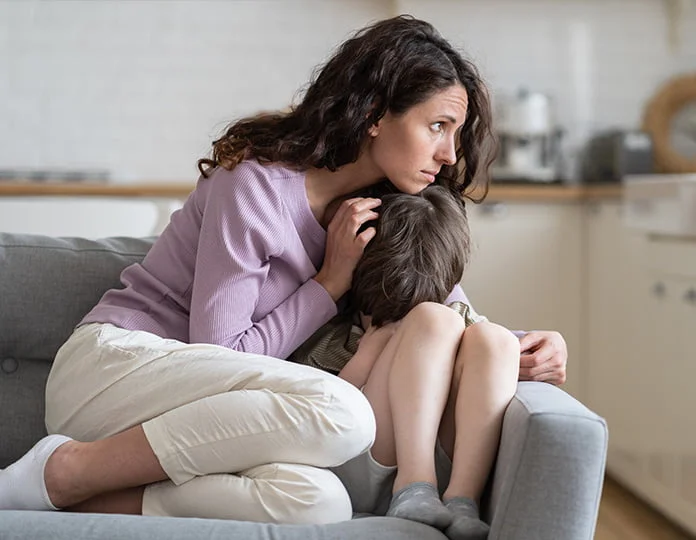
Exploring the emotional landscape as an adopted child involves learning to regulate your feelings effectively. Coping mechanisms play a vital role in helping you navigate the complex emotions that can arise from the adoption experience. As you develop these tools, remember that it’s normal to have ups and downs, and it’s okay to seek support when needed.
Self-esteem can be impacted by the adoption journey, but by honing your emotional regulation skills, you can bolster your confidence and sense of self-worth. Finding healthy outlets for expressing your emotions, such as journaling, talking to a trusted individual, or engaging in creative activities, can aid in maintaining a balanced emotional state.
Resilience and Growth

Exploring the emotional complexities of adoption as a child can foster resilience and growth within you as you learn to adapt and thrive amidst challenges. Coping mechanisms play an essential role in this process, helping you navigate the ups and downs that come with adoption.
By developing healthy coping strategies, such as seeking support from loved ones, practicing self-care, and engaging in activities that bring you joy, you can build resilience and face adversity with strength.
Personal development is another key aspect of fostering resilience and growth in the face of adoption-related challenges. Through introspection and self-discovery, you can gain a deeper understanding of yourself and your unique experiences.
This self-awareness can empower you to embrace your strengths, work through your vulnerabilities, and continue growing as an individual.
Frequently Asked Questions
How Can Adoptive Parents Support a Child’s Cultural Identity?
To support your child’s cultural identity, engage in cultural celebrations, educate about heritage, preserve language, and involve the community. By embracing these aspects, you can help your child feel connected and proud of their background.
Are There Specific Therapy Techniques to Help With Attachment Issues?
To address attachment issues, therapists may recommend play therapy or art therapy for children. Additionally, cognitive behavioral therapy and mindfulness techniques can help you develop healthy attachment patterns and navigate complex emotions in a supportive environment.
What Are Common Triggers for Emotional Dysregulation in Adopted Children?
When adopted, trust issues and abandonment fears may trigger emotional dysregulation. An identity crisis and grief over loss can also lead to struggles. Remember, seeking support and therapy can help navigate these challenges with resilience.
How Can Siblings in an Adoptive Family Support Each Other?
In an adoptive family, siblings can offer crucial peer support by listening, providing comfort, and being there for each other. Developing strong communication skills helps in understanding emotions, resolving conflicts, and fostering a supportive bond.
Are There Support Groups for Adoptive Families Dealing With Trauma?
Yes, there are support groups for adoptive families dealing with trauma. Parental guidance can lead you to these resources. Peer support, counseling sessions, and coping strategies are valuable tools for managing the challenges of trauma within adoptive families.
Conclusion
To sum up, understanding the emotional effects of adoption on kids is vital for providing the necessary support and care they need.
By acknowledging the feelings of loss and abandonment, identity struggles, trust and attachment issues, emotional regulation challenges, and the resilience and growth that can come from these experiences, we can better support these children in their journey towards healing and happiness.
Remember, they’re strong and resilient, and with the right support, they can thrive.

Hey there! 👋 I’m a proud mom and passionate writer, sharing my parenting journey. 📝 Join me as I navigate the ups and downs of motherhood, offering tips, advice, and a sprinkle of humor along the way. 🌟

